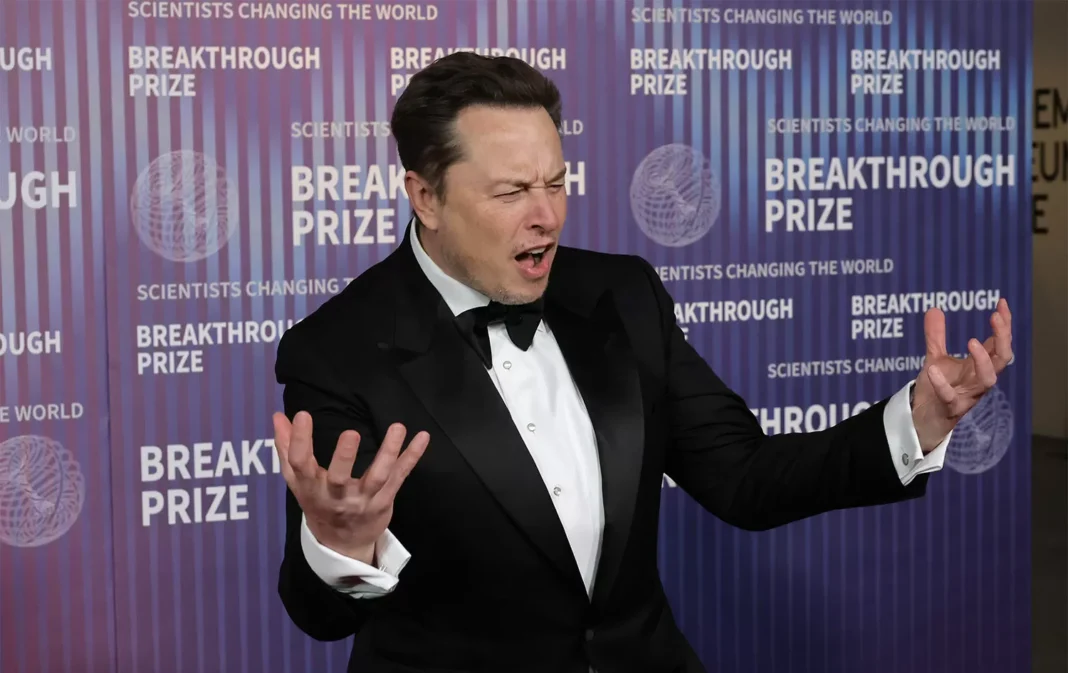Elon Musk, the CEO of Tesla, has always been known for his bold and sometimes controversial statements. Recently, he made headlines again by stating that lidar sensors are a “crutch” for autonomous vehicles. This statement has caused quite a stir in the automotive and technology industries, especially considering that Tesla has now become the top customer of Luminar, a leading lidar sensor manufacturer.
For those who are not familiar with lidar technology, it stands for “light detection and ranging” and is used in self-driving cars to create a 3D map of the surrounding environment. This allows the vehicle to accurately detect and avoid obstacles, making it a crucial component in the development of autonomous driving technology.
Musk’s statement may seem contradictory, but it actually sheds light on Tesla’s approach to autonomous driving. Unlike other companies in the industry, Tesla has chosen to rely solely on cameras and radar sensors for its autopilot system, instead of using lidar sensors. This decision has been met with skepticism by some, but Musk has remained firm in his belief that lidar is unnecessary for fully autonomous vehicles.
However, despite Musk’s stance on lidar, Tesla has purchased a significant number of lidar sensors from Luminar, making them the company’s top customer. In fact, Tesla accounted for more than 10% of Luminar’s revenue in the first quarter of 2024, which amounts to over $2 million. This move has raised eyebrows and sparked speculation about Tesla’s future plans for lidar technology.
So, why would Tesla, a company that has been vocal about its lack of interest in lidar, suddenly become the top customer of a lidar manufacturer? The answer lies in Tesla’s commitment to constantly improving and pushing the boundaries of technology. While lidar may not be a crucial component in their current autopilot system, it doesn’t mean that it won’t be in the future.
In fact, Musk himself has acknowledged the potential of lidar technology, stating that it may become necessary in the future when Tesla reaches level 5 autonomy. Level 5 autonomy refers to a fully self-driving car that can operate without any human intervention. This level of autonomy is the ultimate goal for Tesla, and it’s clear that they are willing to explore all options to achieve it.
Moreover, Tesla’s purchase of lidar sensors from Luminar could also be seen as a strategic move to secure a reliable source of lidar technology. With the increasing demand for lidar sensors in the automotive industry, it’s not surprising that Tesla would want to secure a partnership with a leading manufacturer. This move not only ensures a steady supply of lidar sensors for Tesla’s future projects but also strengthens their position in the market.
It’s also worth noting that Tesla’s partnership with Luminar goes beyond just purchasing their sensors. The two companies have been working closely together to develop a new and improved version of lidar technology specifically designed for Tesla’s vehicles. This collaboration further highlights Tesla’s commitment to innovation and their willingness to explore new technologies.
In the end, Musk’s statement about lidar being a “crutch” for autonomous vehicles should not be taken out of context. It’s clear that Tesla sees the potential of lidar technology and is willing to incorporate it into their vehicles when the time is right. This move also shows Tesla’s determination to lead the way in the development of autonomous driving technology and their willingness to collaborate with other companies to achieve their goals.
In conclusion, Tesla’s purchase of lidar sensors from Luminar may have raised some eyebrows, but it’s a strategic move that aligns with the company’s vision for the future. With their commitment to innovation and their partnership with a leading lidar manufacturer, Tesla is well on its way to achieving their goal of level 5 autonomy. And with companies like Tesla pushing the boundaries of technology, we can expect to see even more advancements in the field of autonomous driving in the near future.


